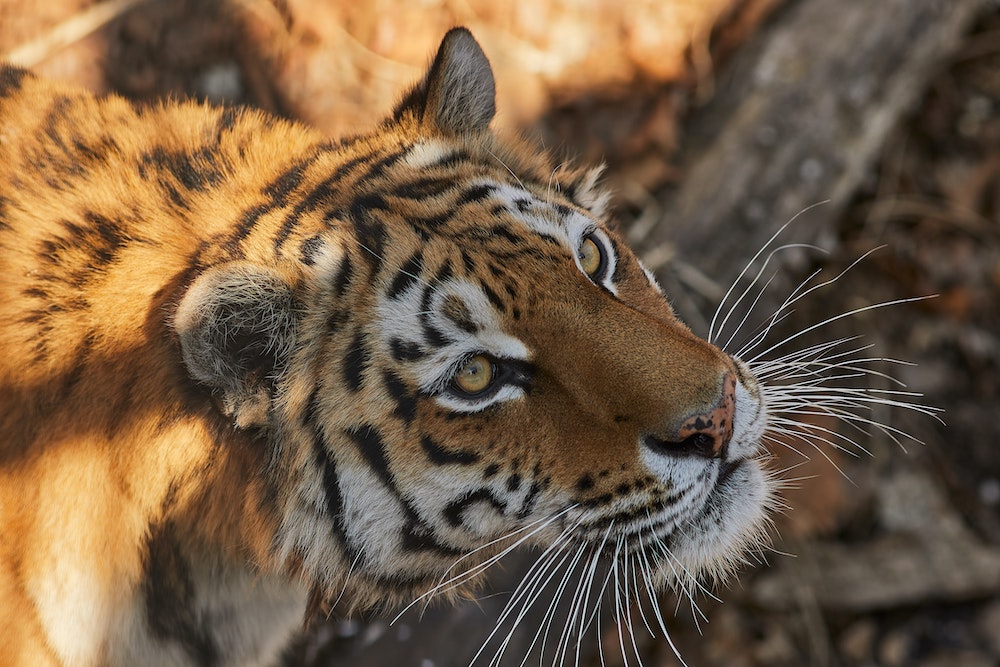6 African lions, 2 Amur tigers, and a Sumatran tiger all have "varying degrees of symptoms."
On Friday, zookeepers at the Smithsonian National Zoo announced that nine of their big cats—six African lions, two Amur tigers, and a Sumatran tiger—are currently being treated for coronavirus. Officials at the zoo collected fecal samples from the big cats and they tested "presumptive positive for COVID-19."
The animals experienced a wide variety of symptoms, says the zoo, including decreased appetites, coughing, sneezing, and lethargy.
"The tigers are less affected than the lions, showing fewer symptoms. The varying degrees of symptoms have us watching all of the animals very carefully," said zoo spokeswoman Pamela Baker-Masson. "We’re being as positive as possible."
No other animals at the zoo are showing signs of symptoms.
Officials state that members of the public who have attended the zoo are not at risk.
"The health and safety of Smithsonian staff, animals and visitors is our number one priority," the zoo said in a press release. "The Zoo’s existing COVID-19 protocols restrict behind-the-scenes access in all animal areas and require use of personal protective equipment, hygiene, cleaning, employee self-screening and health management. The Zoo’s COVID safety and response protocols are in place and being strictly followed."
The first round of Zoetis coronavirus vaccine—which is made specifically for zoo animals—will be administered to select animals at the zoo once it becomes available in the coming months.
Share your thoughts in the comments below.
